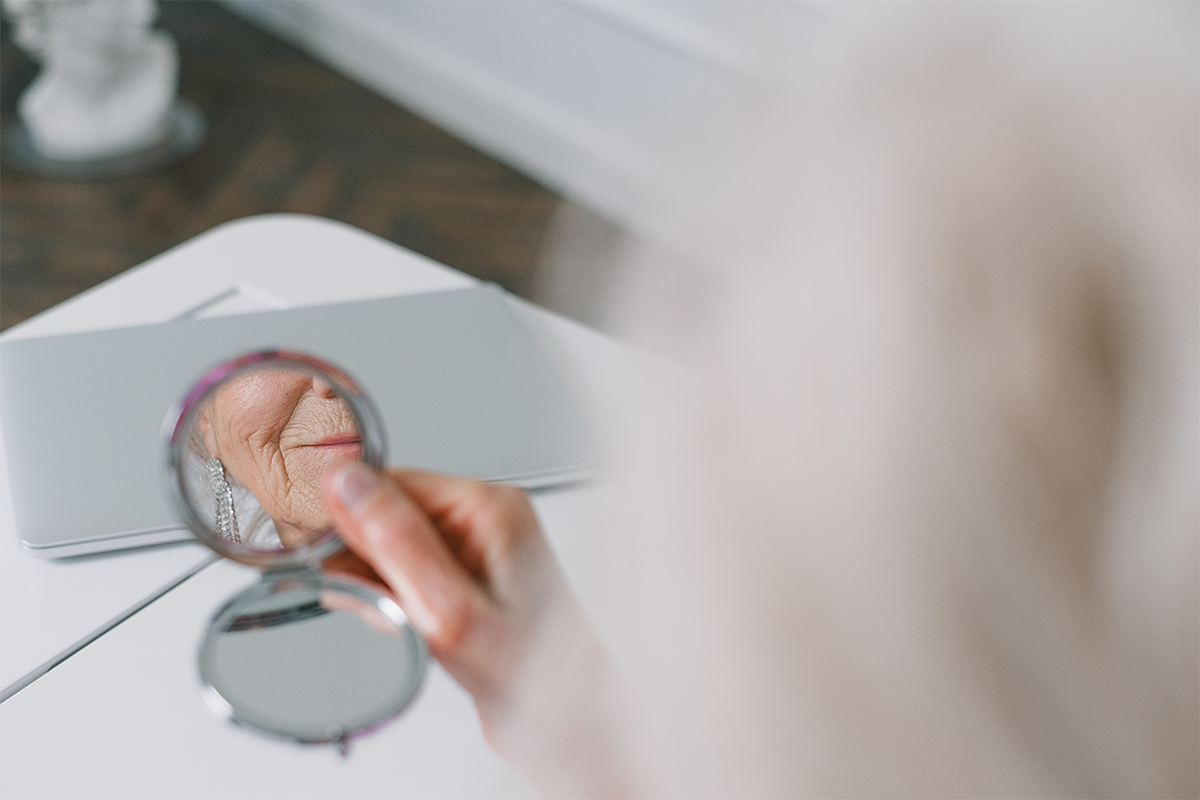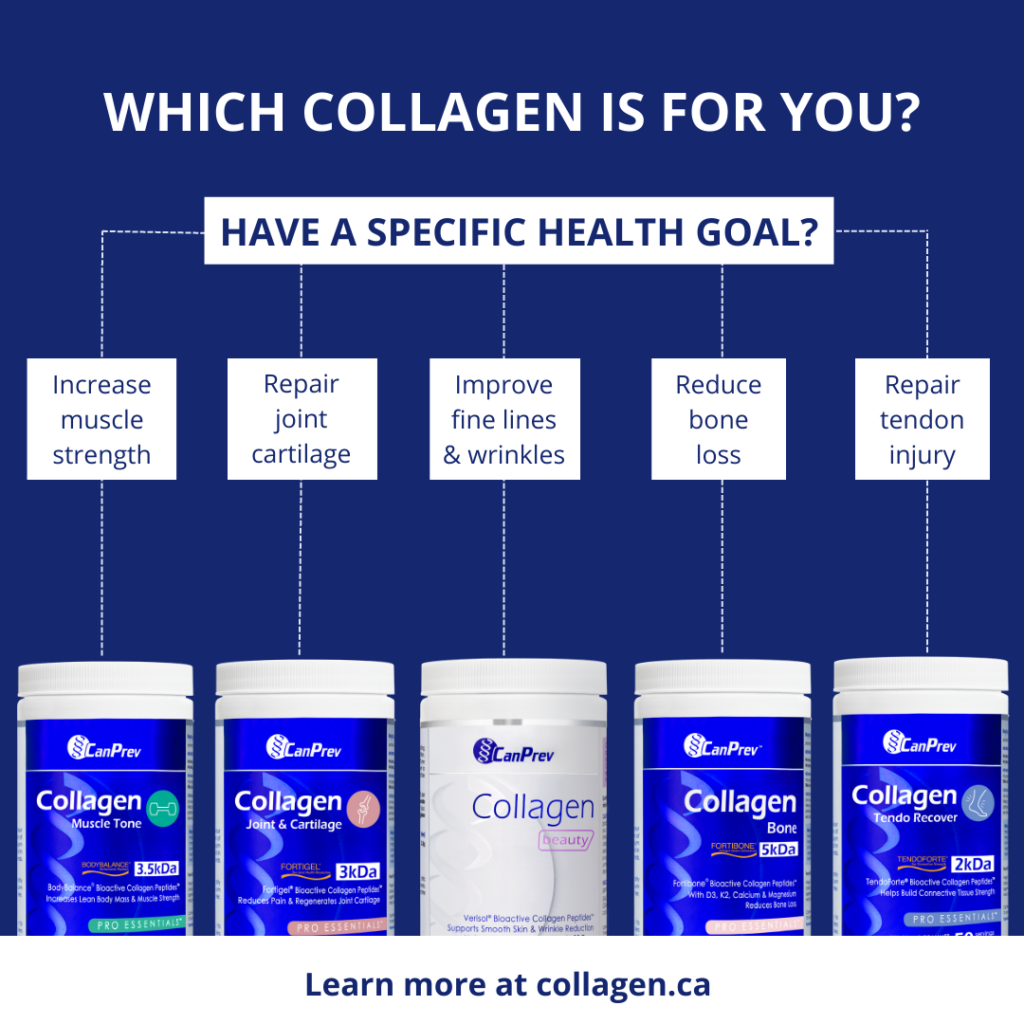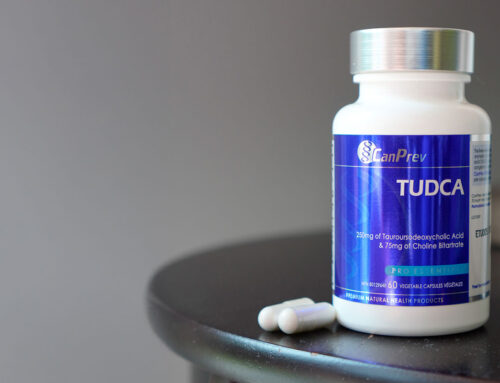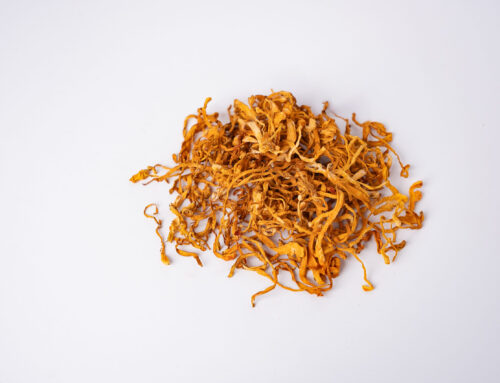Starting in our mid-20s, we begin to produce 1% less collagen every year. The decrease in collagen production occurs for many reasons – some of which are beyond our control, while others are lifestyle-dependent. Understanding why collagen breaks down and what you can do to support your body’s natural ability to produce it is important to helping us maintain our collagen balance.
Collagen’s (partially) inevitable decline
Aging is a normal and inevitable process, and we all experience it. But what does that mean for our collagen?
When we’re young and growing, our bodies are making more collagen than it’s breaking down. But somewhere in our early to mid-twenties, this balance shifts, and our bodies begin to break down collagen faster than we make it. This is called intrinsic aging: the chronological, inevitable kind. But it’s not the only age-related factor that contributes to decreased collagen production.
Menopause
You might know that estrogen is the hormone that regulates development and reproduction in the female body. But did you know estrogen also affects many tissues, from your brain to your bones?
We don’t yet completely understand the connection between estrogen and collagen, but we think estrogen is involved in maintaining the balance between collagen being synthesized and broken down in the skin and elsewhere. Around age 50 – during menopause – the female body stops producing estrogen hormones in the ovaries. At the same time, there is an increase in the collagenase enzyme that breaks down collagen.
The bottom line is that hypoestrogenism – low levels of estrogen, as seen in menopause – accelerates the skin’s aging process. As goes estrogen, so goes collagen. The sort-of good news is that estrogen replacement therapy has been shown to increase dermal (skin) thickness by 30% in post-menopausal women. However, this therapy is linked with a higher risk of breast and uterine cancer.
Better news: A study has shown that after eight weeks of taking bioactive collagen peptides, women aged 45 to 65 had a significant reduction in eye wrinkle volume (20%), as well as a significantly higher content of procollagen type I (65%) and elastin (17%) than the placebo group.
Other culprits of collagen loss
Let’s look at some of the modifiable factors affecting collagen production, over which we have more control. Remember, as your body’s protective barrier, your skin takes the brunt of these factors. This helps explain why your skin is usually the first (but not only) place you notice signs of aging and collagen loss.
Sun damage
How many times have you heard how important it is to wear sunscreen? It really is. When your skin is exposed to UV rays, it increases the number of enzymes like collagenase (remember, that’s the enzyme that breaks down collagen). So, the amount of time and repeated exposure to UV rays lead to wrinkles, change in skin colour, and other visible signs of aging prematurely. It’s called photoaging, but it doesn’t leave you feeling very photogenic.
Smoking
You know that smoking is bad for you. But did you know it’s bad for your skin? One study compared synthesis rates of collagen types I and III in a group of smokers and non-smokers (using suction blister fluid from a sun-protected area of the body). The rates of collagen synthesis were lower by 18% and 22% respectively in the group of smokers, compared with the non-smokers. The levels of MMP-8, a collagenase enzyme, were higher by 100% in smokers. So, we’re seeing a serious increase in collagen breakdown paired with lower rates of collagen production in the smoking group.
Pollution
Think of all the pollution we encounter daily – the motor vehicles, construction sites, factories, power plants. Especially for those living in urban environments and high population density areas, the amount of dust and toxic chemicals in the area drastically increases.
Ground-level ozone (O3), the main ingredient in smog, harms more than your lungs. It leads to damage in the extracellular matrix (ECM), increasing amounts of MMP-9 (another collagenase enzyme), and a decrease in collagen types I and III. This impairs the skin-barrier function, resulting in dry skin, increased sensitivity, uneven skin tone, dullness, acne, and premature aging.
Overexercise
The mechanical pressure on our joints when we exercise is a good thing: it lubricates and nourishes the cartilage, and even keeps collagen-busting enzymes at bay. However, overdoing it has the opposite effect. Too much stress on our joints wears down the cartilage, which has great difficulty regenerating itself during adulthood.
Also, high levels of stress – such as those experienced by regular marathon runners – release the hormone cortisol, which appears to speed up the breakdown of collagen and elastin. In exercise as in most things, moderation is key.
What can you do to support collagen naturally?
True or false? Topical skin creams containing collagen can provide anti-aging skin benefits.
False! Collagen molecules are simply too large to be absorbed by the dermis and basically sit on top of your skin when applied. While they won’t do any harm there, they also aren’t doing anything useful. Some creams may claim that they use smaller collagen peptides, but there’s still no solid evidence that they can penetrate the skin to encourage collagen production. So, if you’re hoping to plump up your skin and diminish wrinkles, you’ll have far more success encouraging collagen synthesis from the inside out.
Taking collagen supplements ensures what the creams can’t – collagen absorption and transport to their targeted tissues. When reaching for collagen supplements, go for a peptide over a protein. Collagen peptides are smaller in size, and can actually target a specific tissue depending on their size and sequence. This is what you want because it can help you reach your specific health goals!
True or false? Your body produces collagen while you sleep.
Truth! When we sleep, our whole body is able to spend time recovering and repairing itself from the day’s activities and beyond. This includes any injuries we are dealing with and encompasses collagen production.
Sleep deprivation also lowers the body’s immune response and affects our hormone levels. This has a cascading effect on lowering our collagen production. So, getting a good night’s sleep is crucial beyond simply feeling well-rested!
True or false? When stress levels go up, collagen production ramps up too.
False! Stress is a phenomenon that throws all of our normally well-balanced hormones out of whack. Managing your stress has significant effects not only on your mental health but also on your physical health and wellbeing. It tends to tip the scale in favour of increasing inflammation, lowering our immune system, and impairing collagen production while increasing its degradation.
Keeping our stress levels low will help us stay healthy, happy, and strong, as well keep our body’s ability to produce collagen running smoothly! You’ll notice yourself bouncing back from injury faster, and feeling more energetic and clear-headed.
Looking to add some collagen into your supplement routine?








How many grams of protein is in the Collagen Beauty liquid product?
Hey there, thank you for your question! Our Collagen Beauty Liquid formula contains about 90% protein content by dry weight, which is around 2.5 grams per serving. Hope this helps!